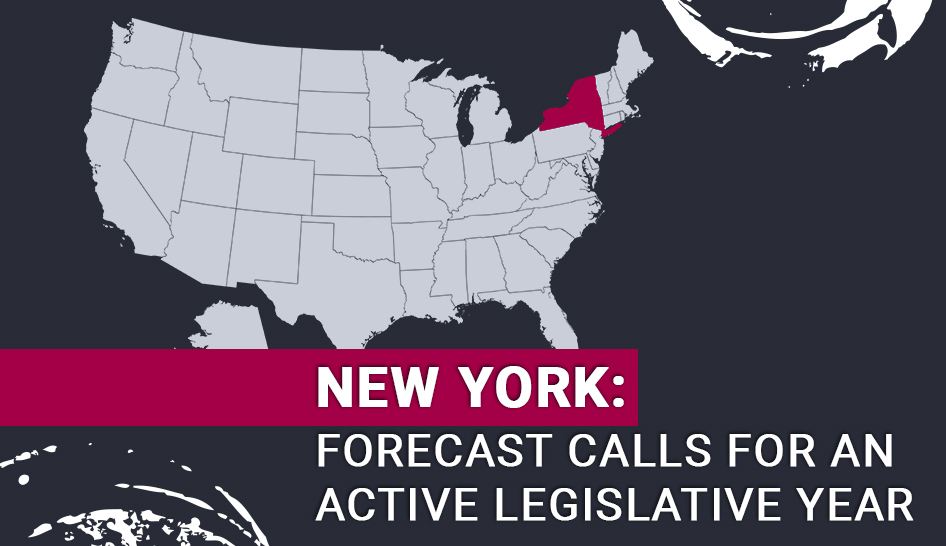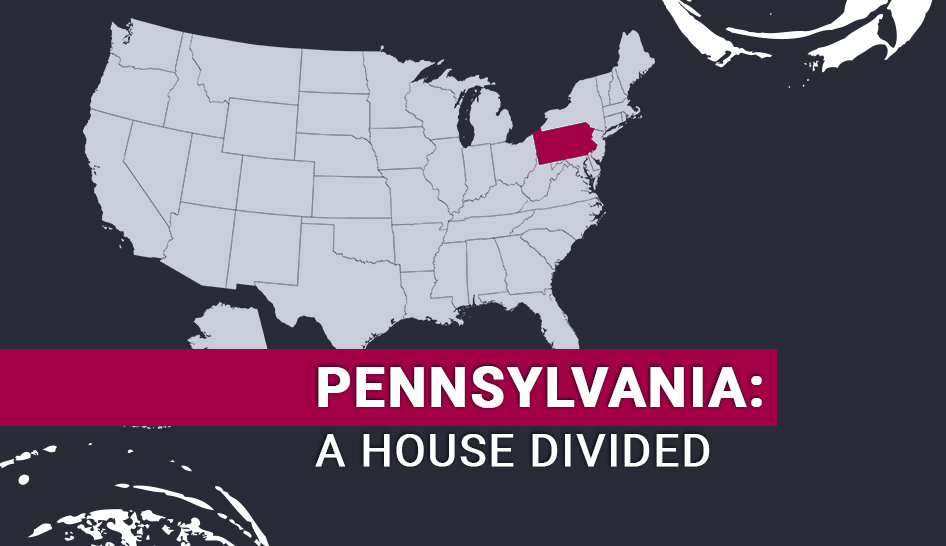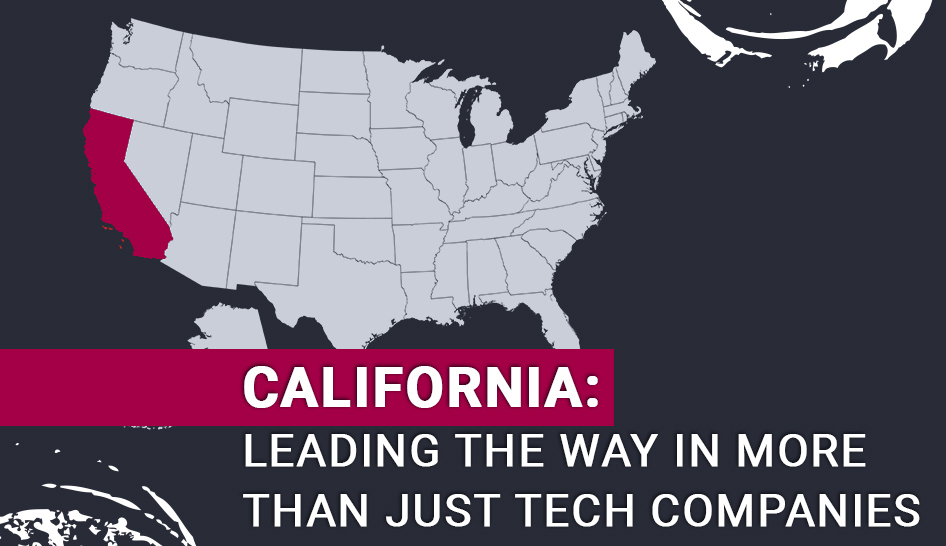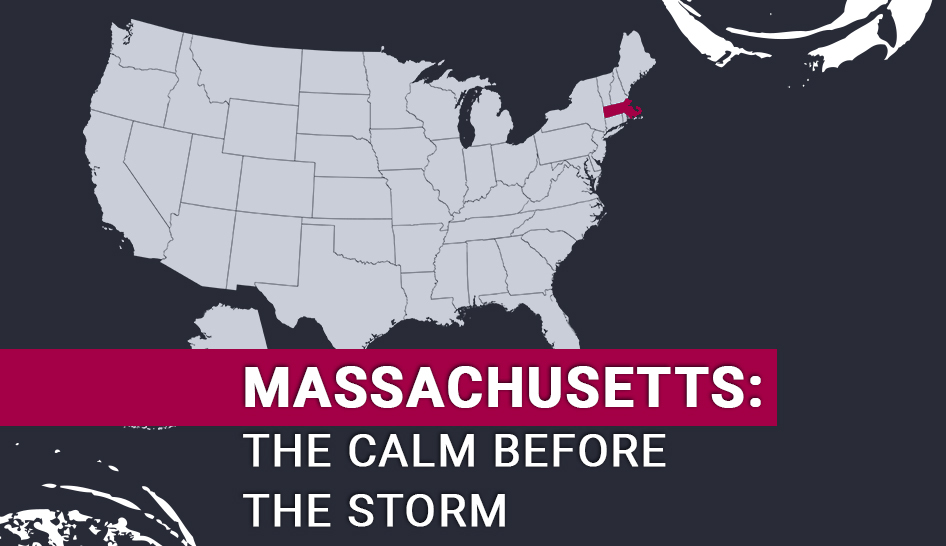You may be asking yourself, "How is it possible to identify the legislative and regulatory threats that will affect club operations in 2020?" We haven't even said goodbye to 2019 yet.
6 Threats Fitness Professionals Need to Watch Out For in 2020
It's an election year, which could bring new and old legislative threats to your club's door.
Since November, IHRSA's team has worked closely with lobbyists and stakeholders across the country, looking at four elements in each state:
- legislative trends,
- pre-filed bills,
- election results, and
- political dynamics.
January 1 is the start of a presidential election year, but for 48 out of 50 states, 2020 will also bring state elections, with the exception of New Jersey and Virginia.

Election years affect state legislatures differently. We could see a portion of the government—like in Pennsylvania—or the entire legislature—like in Massachusetts—be up for re-election.
Some states are very active. Lawmakers feel a sense of urgency to show voters all the work they've been doing, so they push through bills. At the same time, the political parties in some states are divided so evenly that little will get done.
What ends up happening is a party will delay action in the hopes of winning the coming election and gaining the power to enact their party's agenda for the next session.
We take all of this into account when we assess what to expect in 2020. Of course, politics is a lot like the weather in Montana, if you don’t like it, wait five minutes and it will change.
So, what did we find to be the six major threats to the fitness industry that club operators need to watch out for in 2020?
- Restrictions on membership contracts,
- Sales tax,
- Biometric data privacy
- Automated external defibrillators (AEDs) and naloxone,
- Personal trainer licensing, and
- Locker room privacy.
Before we dive into each of these categories, remember, if you don't see your state mentioned below, it doesn't mean you can relax. Bills tend to cross state lines, and the bad bills travel faster than the good ones.
Restrictions on Membership Contracts
As states impose regulations on consumer contracts, health club membership contracts are negatively affected. Often these restrictions are the result of lawmakers reacting to consumer complaints about other industries, such as magazine subscriptions, and clubs end up as collateral damage of broadly written bills.
These restrictions include—but are not limited to—creating burdensome requirements for automatic renewals and regulating the use of electronic fund transfers (EFTs).
Indicators suggest legislators will consider restrictions in:
- Maine,
- Maryland,
- Massachusetts,
- Missouri,
- New York,
- New Jersey,
- North Carolina,
- Vermont, and
- West Virginia.

For only the second time in decades, N.Y. Democrats control both the Governor’s Mansion and the Legislature. As a result, New York has become more legislatively active as Democrats capitalize on the opportunity to enact their agenda. As 2020 is an election year, we expect the Legislature to be very busy, especially regarding contract restrictions and biometric data privacy and collection.
Sales Tax
Unlike the federal government, state governments must balance their budgets each fiscal year, either by making expense cuts or by increasing revenue via tax expansions.
In recent years, state lawmakers have viewed sales tax expansion as an easier vote politically than raising income or other taxes. What they don't realize is that imposing a sales tax on health clubs can harm their constituent's wallets and their health.
Taxing fitness leads to increased costs for health club members, which in turn creates a disincentive to be active. IHRSA expects to face this issue head-on with legislators in:
- Florida,
- Nebraska,
- Pennsylvania, and
- West Virginia.

In 2020, Pennsylvania will see the sixth straight year of a divided government in the state, with a Democrat as governor—Tom Wolf—and Republicans in control of both houses of the Legislature.
In many ways, Pennsylvania’s political climate mirrors Washington, D.C., with an increasing degree of partisanship and relatively narrow margins separating the majority Republicans from the minority Democrats.
We predict a fair amount of gridlock in Pennsylvania. While both parties are preparing for the fall election, we will be looking out for any bills concerning sales tax expansion, locker room privacy, and biometric data privacy and collection.
Biometric Data Privacy
You'd be hard-pressed to find any business in the 21st century that doesn't utilize data to provide the best experience for their customers. Health clubs, specifically, are in a position to collect and leverage enormous amounts of data about their members and employees.
This data, whether financial, personal, or biometric, can streamline club operations and be used to enhance the member experience. However, lawmakers are increasingly focusing on regulating the use, collection, and storage of biometric data.
IHRSA expects to see legislation related to biometric data collection in 11 states, including:
- Arizona,
- California,
- Connecticut,
- Florida,
- Illinois,
- Massachusetts,
- New Hampshire,
- New Jersey,
- New York,
- Oregon, and
- Rhode Island.

California is more than just an incubator for tech companies. It is often a good indicator of the direction the nation is heading and often leads the way in breaking new legislative ground.
As the largest state by population and economy, other states’ legislatures watch what happens in California closely to see how policy changes affect the state. Democrats control the Legislature and governorship—with Gov. Gavin Newsom—in California, and we anticipate 2020 being an active year with biometric data privacy and collection.
The chances are good that if we see a new proposal that affects health clubs in California, it’s only a matter of time before it appears elsewhere in the country.
Automated External Defibrillators (AEDs) and Naloxone
IHRSA works to ensure bills and existing laws that mandate AEDs in health clubs provide club operators and staff with adequate liability protection for the use and nonuse of an AED. It's also crucial that these laws contain reasonable staffing requirements and provide adequate compliance time.
Increasingly, we are seeing states propose facilities that carry AEDs also carry naloxone, an overdose counteraction agent. Indicators suggest AED legislation could be under consideration in:
- Connecticut,
- Georgia,
- Massachusetts,
- Missouri,
- New Hampshire,
- New York,
- Tennessee,
- Rhode Island, and
- Virginia.

Historically, Massachusetts has one of the slower starting legislatures out there. Lawmakers are in session year-round for both years of the legislative cycle, and typically in the first year, takes its time to bring bills to hearings and consider proposals.
However, in the second year—in this case, 2020—a flurry of activity counterbalances that first year's slow start as legislators race to the finish of the session, which is July 31 in election years.
Massachusetts is entering its sixth straight year of divided government with a Republican governor—Charlie Baker—and a Democratic Legislature. However, in Massachusetts, Democrats enjoy a super-majority in both houses, making gridlock less likely as they can easily override most gubernatorial vetoes.
IHRSA will be watching Massachusetts for bills concerning biometric data privacy and collection, contract restrictions, and AEDs.
Personal Trainer Licensing
For more than two decades, legislators have been proposing to regulate personal trainer licensing.
While these proposals may be well-intentioned by seeking to ensure access to qualified personal trainers, they often have unintended consequences. For instance, poorly written personal trainer regulations—typically licensure—tend to have two such unintended consequences. They can substantially increase the cost trainers incur to comply with requirements and reduce—if not temporarily eliminate—the pool of trainers available.
IHRSA foresees activity on this issue in:
- Florida,
- Massachusetts,
- New Jersey, and
- New York.
Locker Room Privacy
By their nature, locker rooms are host to some of the most sensitive issues facing clubs, namely personal privacy and security.
State legislatures are increasingly extending civil rights protections to transgender individuals in places of public accommodation, which may create practical challenges for health clubs. IHRSA provides resources to help IHRSA members navigate this issue, and we will continue to monitor any legislation on this topic, seeking clarity for businesses.
Locker room privacy, including cellphone use, will be an issue in:
- Alaska,
- Arizona,
- Florida,
- Georgia,
- Illinois,
- Kansas,
- Kentucky,
- Michigan,
- Missouri,
- Nebraska,
- New Jersey,
- North Carolina,
- Ohio,
- Pennsylvania,
- Virginia,
- West Virginia, and
- Wisconsin.
While much of the media and nation’s attention will be focused on the presidential election and the down-ballot races in each state, the real activity will be taking place in state capitals across the country.
Elections are tiring and stressful events for candidates. Often, they can lead incumbent lawmakers to take strange actions as they attempt to prove they are worthy of re-election.
Don't worry, when lawmakers debate industry issues, IHRSA will be there to make sure you and your club have a voice. As always, in 2020 we'll monitor every twist and turn of this election season, so you know when and how to take action.

Jeff Perkins previously served as IHRSA's Vice President of Governance & Public Affairs—a position that focused on monitoring and influencing legislation at the state and federal level to protect club business models and operations, and help promote the health benefits of exercise.